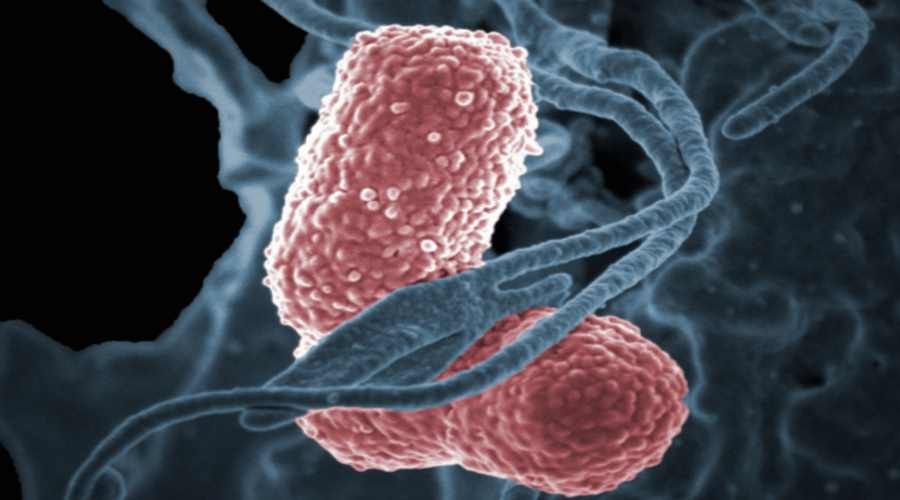Antibiotic-resistant bacteria
A 70-year-old patient died in a hospital in Washington, D.C., who was not helped by 26 antibiotics, including the so-called “antibiotics”. drugs of last resort. Doctors warn that the number of antibiotic-resistant bacterial strains is increasing.
The patient came to the hospital after a long stay in India, where she broke her leg and was treated by specialists thereów. In the US, she was diagnosed with a New Delhi bacterial infection (Klebsiella pneumoniae), whichóra does not yield to most of the antibiotics on the market todayów. Unfortunately, American doctors have not been able to help heróc and the patient died.
Bacteria, whichóre killed a 70-year-old woman in the U.S., they acquire resistance to new drugs extremely quickly. Researchers complain that microorganisms are acquiring resistance to new drugs faster than scientists are able to create them. But more dangerous is the fact that the presence of super-resistant bacteria is found in a growing number of countries, including Poland.
A New Delhi bacterium, during the treatment used to save a 70-year-old woman, has shown resistance to 26 antibioticsów. The only specifics on whichóry bacterium showed little sensitivity, was fosfomycin, used for urinary tract inflammation.
We have now entered the post-antibiotic era. Such a situation was predicted by scientistsów. Increasing bacterial resistance to antibiotics is due to overuse and misuse of antibiotics. Doctors have often, in order to get a patient off the hook, prescribed an antibiotic, although this was not always advisable. Such practices have caused some bacteria to become resistant to the drugs used. The result is that more and more situations arise in which theórych doctors have nothing to treat their patients withów.
"This is the biggest threat wspómodern medicine"
The issue is so serious that even the UN has addressed it. Last September, at a session of the National Organizationóin the United 193 membersów signed a declaration to fight antibiotic-resistant bacteria. In a UN declaration, bacteria thatóre becoming resistant to antibiotics, it has been determined „the biggest threat wspómodern medicine”. Signatories to the declaration pledged to support research into new antibiotics, expand public awareness of the threat of resistant bacteria, and develop a system to oversee and regulate the use and sale of antibioticów.
About the threat of superbugs mówas already claimed by 1945 penicillin discoverer Alexander Fleming when receiving the Nobel Prize for the isolation of the active ingredient in penicillin, whichóra is still a component of the most commonly used antibioticsów. – There is a danger that unaware humans could easilyób, by taking too large doses, make bacteria resistant to the antibiotic – mówili.
According to estimatesóAt the UN, drug-resistant bacteria kill about 700,000 wasps annuallyób around the world. By 2050, 10 million will die because of itóin osób per year.
